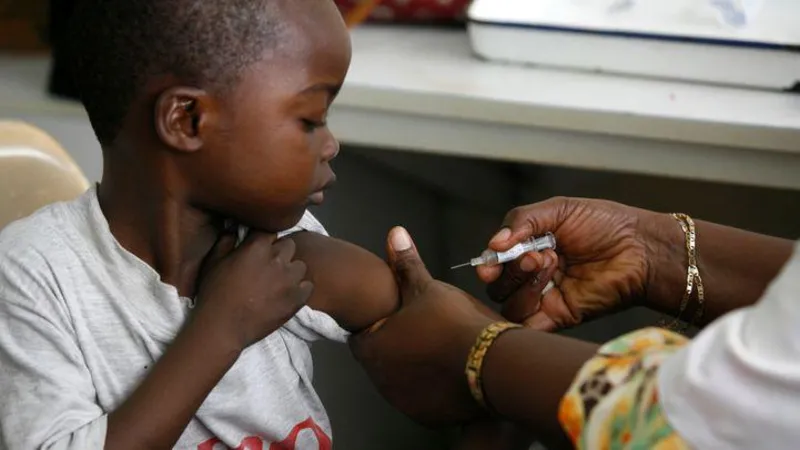The recent approval of Coartem Baby (artemether-lumefantrine), a new malaria treatment specifically formulated for newborns and young infants, has elicited mixed reactions among Nigerians, with some welcoming the development while others voiced concerns over affordability and appropriate use.
Reacting to the announcement, Mrs Olufunke Adebayo described the approval as timely. “Malaria remains one of the leading causes of infant deaths in Nigeria. The introduction of a baby-friendly, dissolvable drug is a breakthrough we have waited too long for,” she remarked.
Pharmacist Taiwo Adeyelu, however, advised caution in its use. He stated, “Well, for the treatment of malaria, it’s always testing before treatment to prevent resistance. It’s not as though breastfeeding mothers are mandated to routinely treat their children for malaria whenever they fall ill without proper diagnosis by a registered medical practitioner. The right thing to do is always to visit a health practitioner whenever a child is unwell for appropriate diagnosis and treatment.”
Meanwhile, some citizens expressed concern about the likely cost of the new medication. A mother of three, Mrs Aisha Abdullahi, told our correspondent, “It is good news, but my fear is whether people like us will be able to afford it. Malaria drugs are already expensive; I just hope this won’t be the same.”
A health practitioner, Mr Michael, also raised concerns about counterfeit medicines. “Approval is one thing, but the government must ensure this drug is not counterfeited. We have seen too many fake malaria medicines in the market, and babies are too vulnerable to take chances,” he cautioned.
Nigeria accounts for over 30 per cent of global malaria deaths annually, with children under five most affected.
The approval of Coartem Baby is expected to improve child survival rates, provided it is made accessible, properly distributed, and used responsibly under medical supervision.



